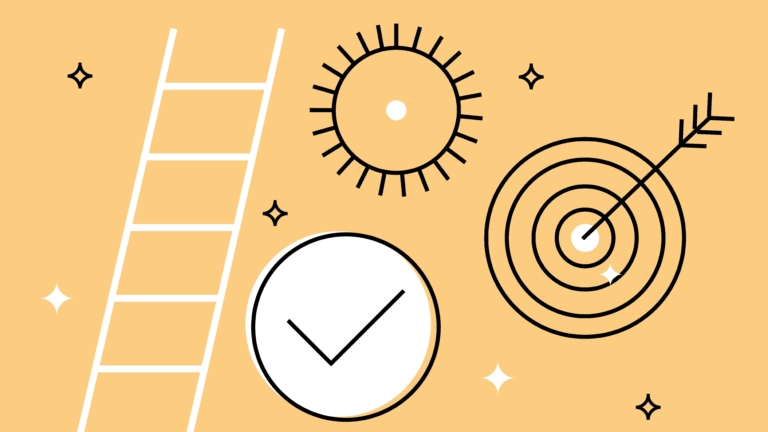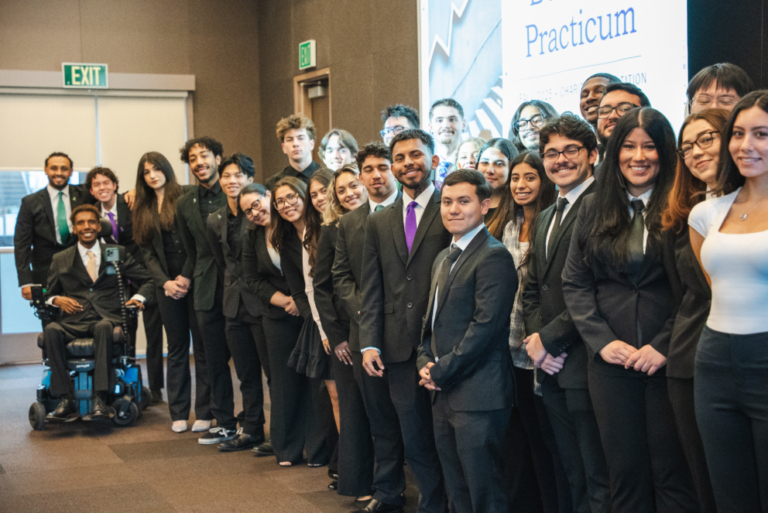Follow your dreams, and you’ll never work a day in your life. Because that field’s not hiring.
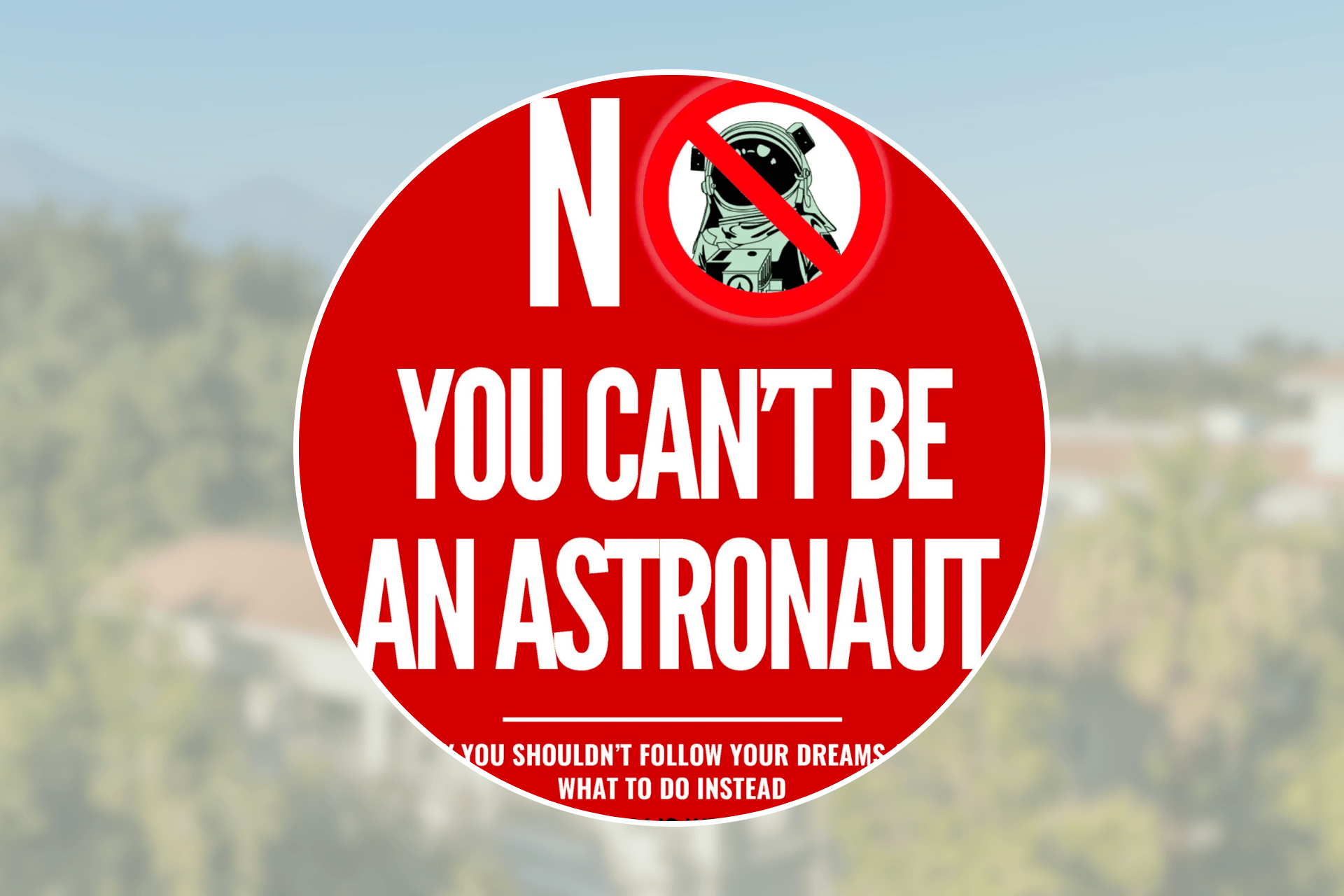
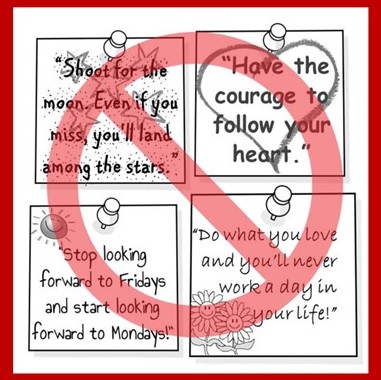
No, You Can’t be an Astronaut is a different kind of career advice book. Written pseudonymously by Emmeline de Pillis, dean of the College of Business, No, You Can’t be an Astronaut delivers realistic, albeit sometimes pessimistic, advice on how to succeed in today’s competitive job market in the wake of a global pandemic, and explores both college and non-college pathways to career success.
“The book started out as a presentation to a chapter of Delta Sigma Pi, the business fraternity,” de Pillis says. “I was teaching management courses, and a couple of my students asked me to give a talk on how to find a job after graduating. In the course of researching the talk, I kept running into the mismatch between the increasing number of college graduates and the limited number of the kinds of jobs college graduates are looking for. It’s like a variation on musical chairs—the number of chairs stays the same but they keep adding players. I was ambivalent at first about sharing this information with my students, because I didn’t want to discourage them. But in the end I decided they deserved a realistic view of the job market, not happy platitudes. The students appreciated it, and someone suggested the information would make a useful book.”
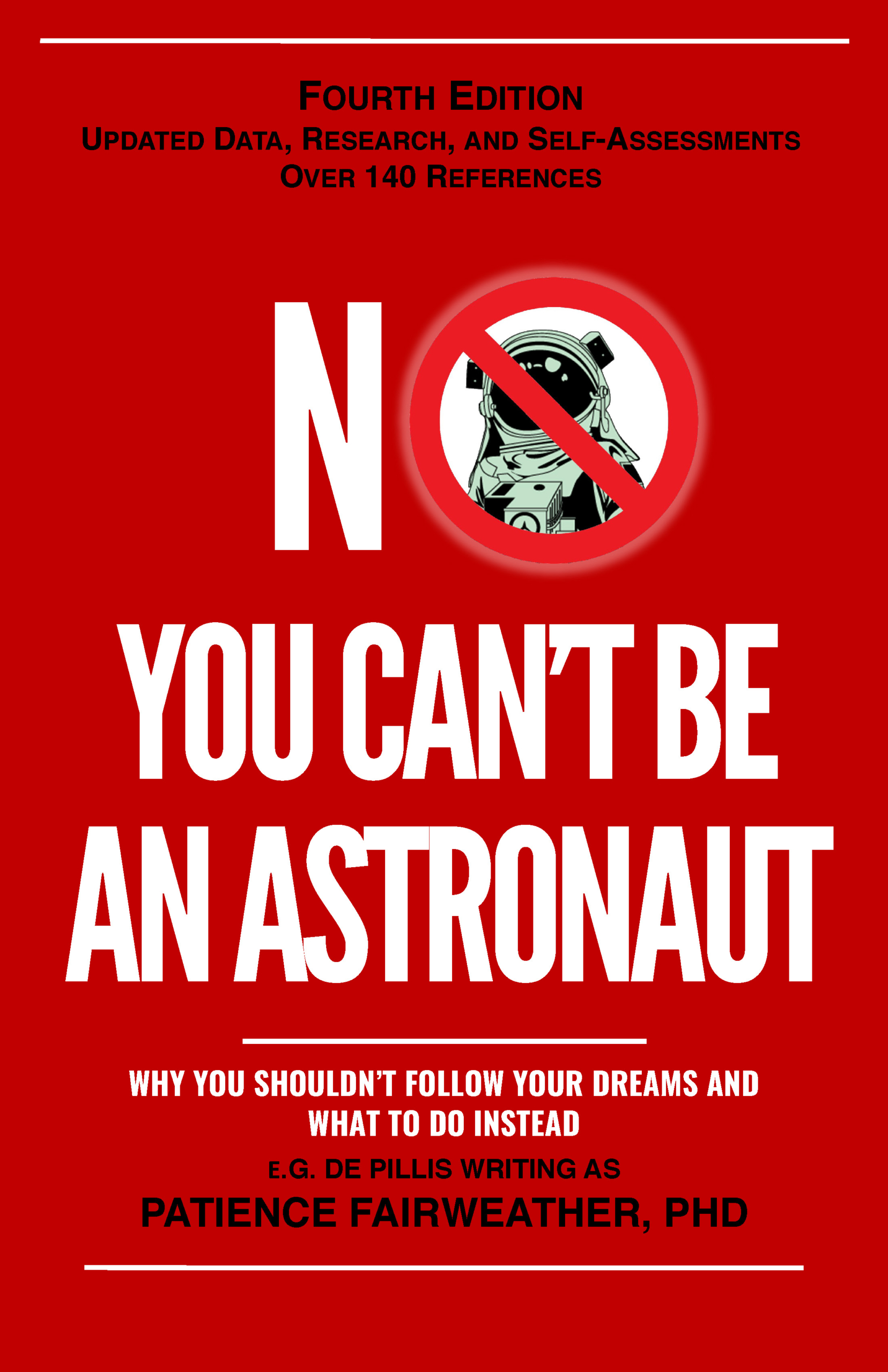 According to the Department of Labor, only around 25% of jobs in the United States require a four-year college degree. But around 35% of working-age Americans have a four-year degree, and state “graduation initiatives” are set to push that number even higher. The oversupply of college graduates leads to underemployment: around half of college graduates are taking jobs that don’t require a college degree, and high school graduates are left with few employment options.
According to the Department of Labor, only around 25% of jobs in the United States require a four-year college degree. But around 35% of working-age Americans have a four-year degree, and state “graduation initiatives” are set to push that number even higher. The oversupply of college graduates leads to underemployment: around half of college graduates are taking jobs that don’t require a college degree, and high school graduates are left with few employment options.
Should people give up on going to college?
“No. On average, you’re better off with a degree than without, and you’re better off with some post-secondary education than with none,” de Pillis says. “I believe that learning has value. There’s immense value in education other than career preparation. Learning does for your mind what exercise does for your body. But to get the benefits, you have to have a roof over your head and food on the table. I’m hoping to help job-seekers and career-changers maximize their chances of a satisfying, balanced life.”
Why write under a pseudonym?
“This wasn’t a peer-reviewed publication, so I took the opportunity to have a little fun with it,” de Pillis says. “The tone of the book is deadpan and a little irreverent, to provide some relief from the grim content. The pen name Patience Fairweather hit the right note for me, and it’s easier to pronounce than my real name.”
The fourth edition of No, You Can’t be an Astronaut includes updated self-assessments and new research on working from home. The e-book is free for a limited time.
